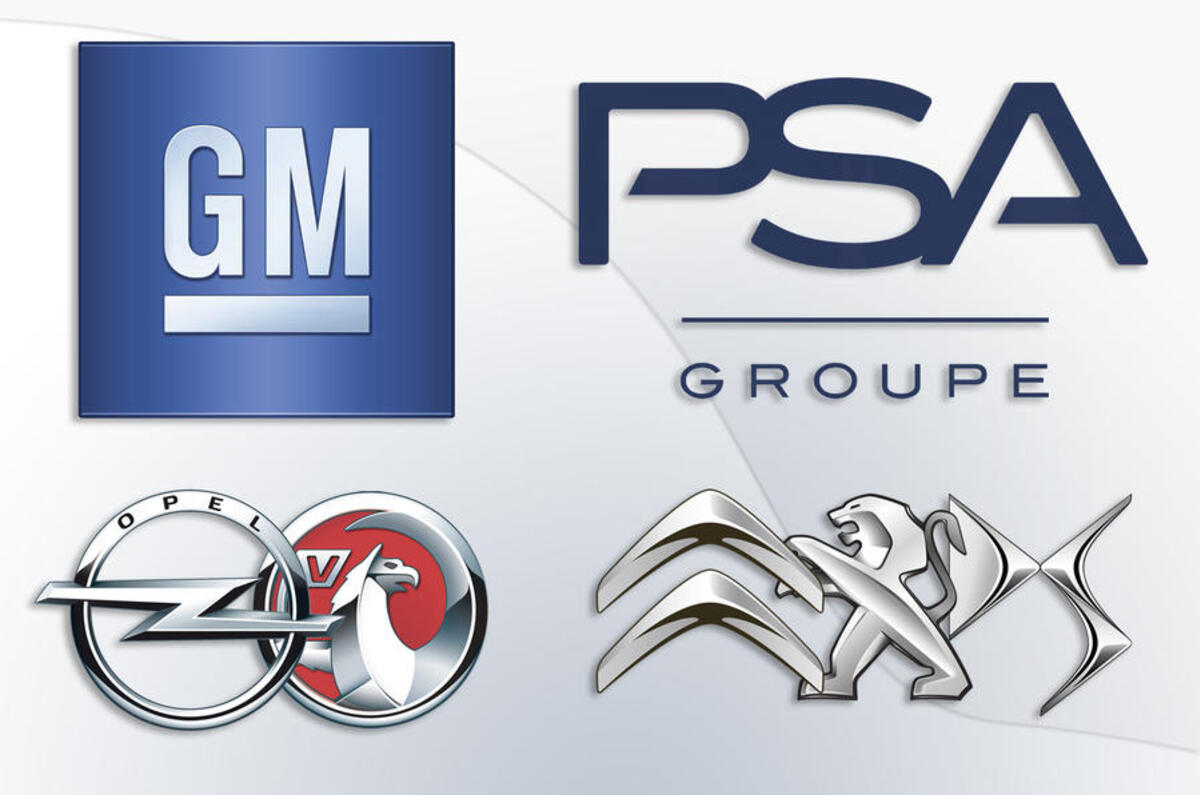The PSA Group has unveiled its plans to make Vauxhall and Opel a success following its acquisition of the firm earlier this year.
Highlights include launching all future products on PSA platforms - including an all-new Vauxhall Corsa in 2019 - and setting the goal of keeping all current plants including Ellesmere Port and Luton in the UK open, although potentially on altered terms.
Vauxhall and Opel declared losses of £190 million in the second quarter of 2017; daily losses at the firm under GM ownership were estimated to be in the region of £3m on average. PSA Group announced its plans to take over Vauxhall and Opel from parent company GM in March 2017.
Carlos Tavares, the CEO of the PSA Group, has described the need to implement the plan "as a matter of urgency", citing the losses and calling for the workforce, union and suppliers to pull together to find solutions to the issues the firm currently faces.
The announcement, made by newly appointed CEO of Opel Automobile GmbH, Michael Lohscheller, included:
• Setting the goal of returning Vauxhall and Opel to profit by 2020.
• Achieving an operating margin of 2% by 2020. The VW Group achieves around 4%, while PSA hit 7.3% this year. Lohscheller has then set the target of a 6% margin by 2026.
• Instigating measures to make the breakeven point for the firm 800,000 sales a year. Vauxhall and Opel sold 984,000 cars last year but recorded a loss. Its worst year was in 2013, when it sold 824,000 cars.
• Offering electrified versions of all Vauxhall and Opel cars by 2024. This will include a pure electric version of the Corsa and a plug-in hybrid version of the Grandland X.
• A pledge to “modernise” all plants with the goal of keeping them all open. It was acknowledged this might require job cuts, but the stated goal is to make them voluntarily.
• Launching all new Vauxhall and Opel models on PSA’s CMP and EMP2 platforms, including the next, all-new Corsa in 2019. This will reduce the number of platforms in use from nine to two. Powertrain families will reduce from 10 to four.Vauxhalls will also use PSA engines and powertrains. All vehicles will be engineered at Opel’s plant in Rüsselsheim.
• A pledge to launch one new major new model per year; counting bodystyles, nine new models will be launched by 2020. This will start with a new Combo in 2018 and a new Corsa in 2019.
• Opel will enter more than 20 new export markets by 2022, including China and the Middle East.
In order to achieve these goals, Lohscheller set the target of saving €1.1 billion (£970 million) by 2020 through synergies between the PSA Group and Vauxhall and Opel by 2020 and €1.7 billion (£1.5bn) by 2026. Lohscheller has set Vauxhall and Opel the target of reducing the costs of manufacturing each car it makes by €700 (£618) by 2020.
While Lohscheller pledged to try to keep factories open, he acknowledged that the need to improve competitiveness meant that model line production would move as Vauxhall and Opel plants were kitted to build PSA-platformed vehicles.




Join the debate
Add your comment
I would be looking for another job
if I worked at Luton I would be looking for another job. There is nothing more worrying than when someone at the top announces a factory won’t be closing while talking about returning to profit.
There is only one way this can go. Cut the models and production costs. The obvious cost cut is stopping using gm platforms on licence which means all current Vauxhall’s will go. The next gen will have to be rebadged pse models.
Interesting news
It could provide some opportunities not available before? It might be worth spiting the Opel/Vauxhall brands and make different cars rather than identical vehicles with different badges.
Opel might work as a BMW chaser in Europe with it's own body styles, Vauxhall could be a Skoda alternative here and across the channel. Leaving Peugeot to sit below Opel and Citroen to challenge Hyundai/Kia?
The problem they have is all their cars sit in a similar part of the market in terms of persevered brand value. It is still hard to see how all brands can be kept alive while competing against each other.
Ideal Future Range
Jagdavey the ideal future range would be something like:
And the sports sub-brands
New Astra (K) best Astra ever!!!
I'm currently driving an Astra (K) ST Ecoflex & really impressed with what 3 cylinders can do in a car this size. Performance & economy are comparable with Diesels & handling & interior comfort are good too.
This & the new Insignia are the best cars that Opel/Vauxhall have ever made.
I just wonder if using PSA platforms will be better than the current cars?
(I can also remember those old "true" Vauxhalls like the Chevette & Firenza)